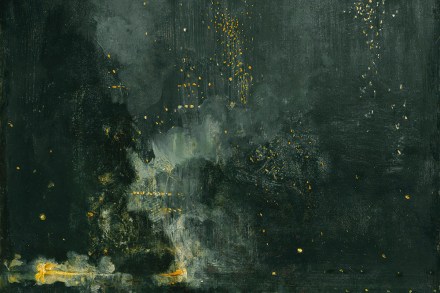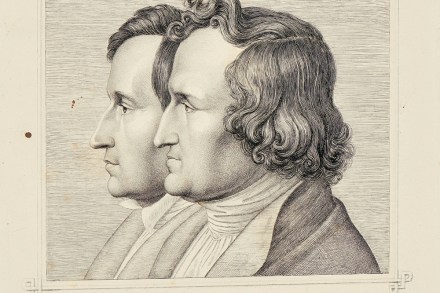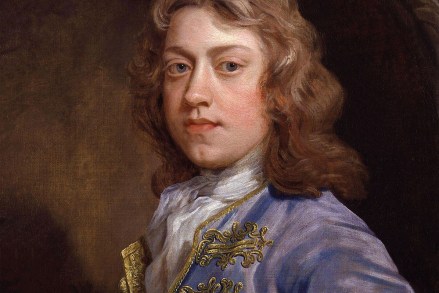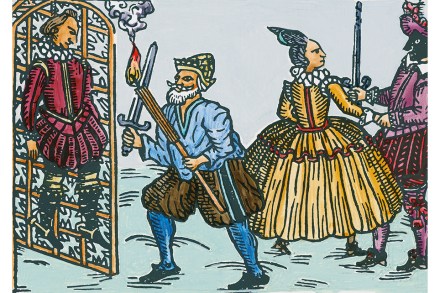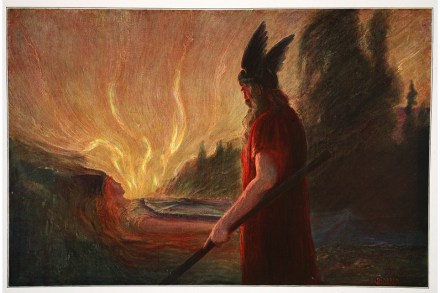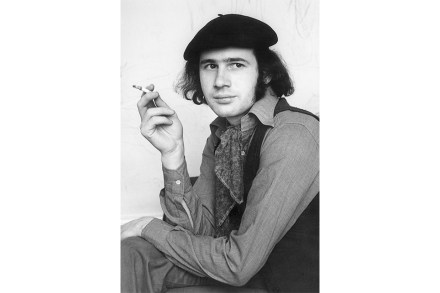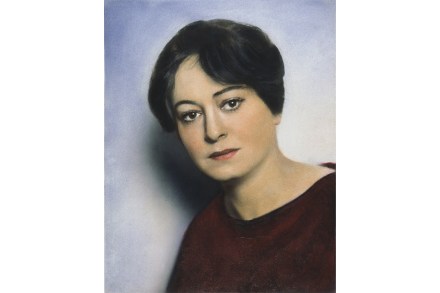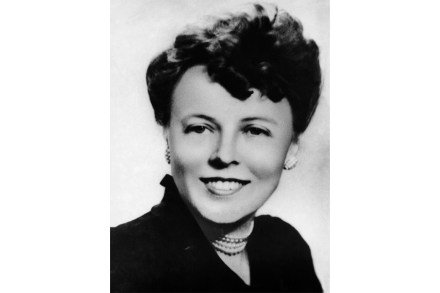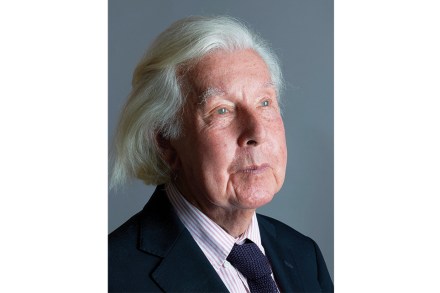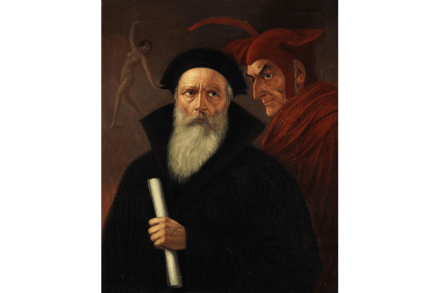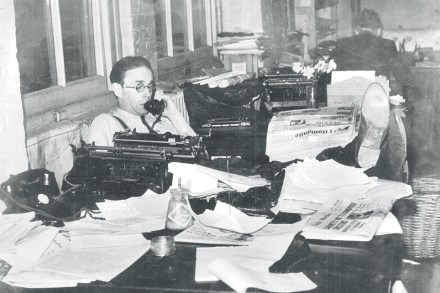The secret of Gary Lineker’s success
In his closing pages, Chris Evans delivers his verdict on his subject: That’s what Gary Lineker is: human. As his story shows, it’s possible to accomplish seemingly impossible things while staying grounded and true to your roots. I hate to be cruel about a diligently researched book by a freelance journalist. But unthinking writing cannot capture a man who managed to think himself into two great careers, first as a footballer and then as a TV presenter. Lineker was born in Leicester in 1960. His parents were market traders who worked brutal hours, then relaxed over card games that could run all weekend, with participants (including the local crooner Engelbert



